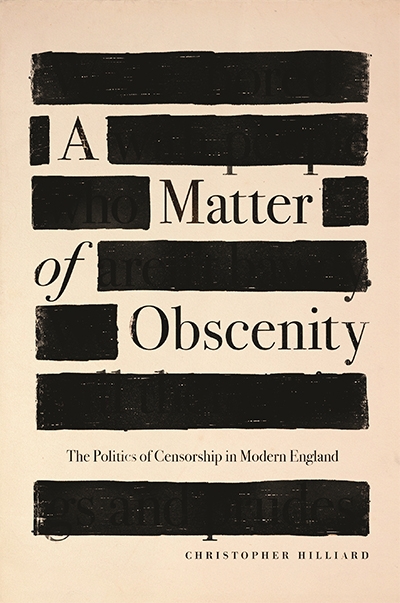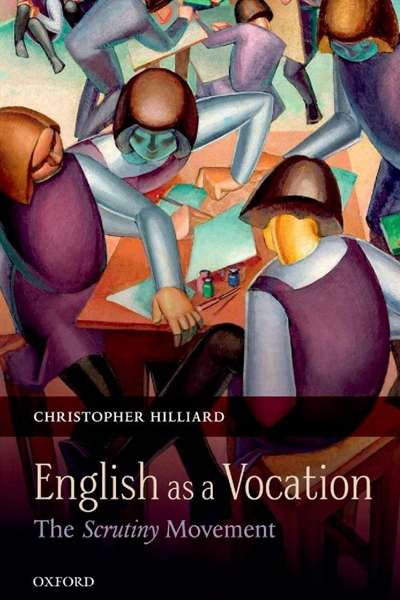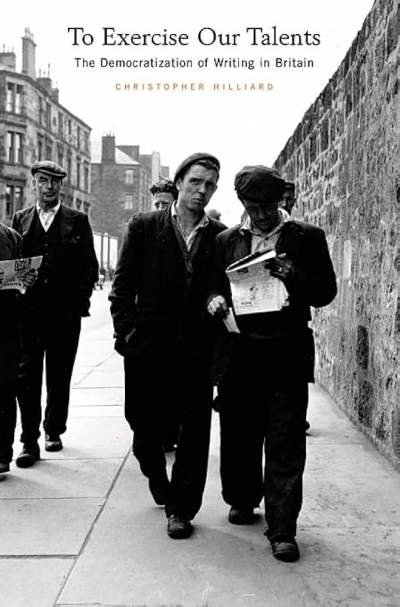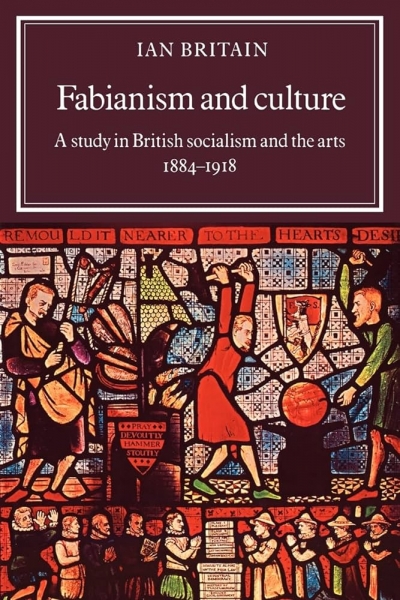Christopher Hilliard
A Matter of Obscenity: The politics of censorship in modern England by Christopher Hilliard
by Geordie Williamson •
English as a Vocation: The Scrutiny movement by Christopher Hilliard
by Alexander Howard •
To Exercise Our Talents: The democratization of writing in Britain by Christopher Hilliard
by Stuart Macintyre •




